Frank Muller-Karger is an oceanographer at the University of South Florida where he directs the Institute for Marine Remote Sensing.
He says, “If we’re seeing something today that may have been similar to what we saw in the past, we can understand which way the planet is going to change in the future.”
Muller-Karger is using both the seafloor and satellites to figure out our past and future climate. And he’s working hand in hand with a country that’s very special to him. Have a listen.
The work described in this episode was funded by the National Science Foundation and the Venezuelan government.
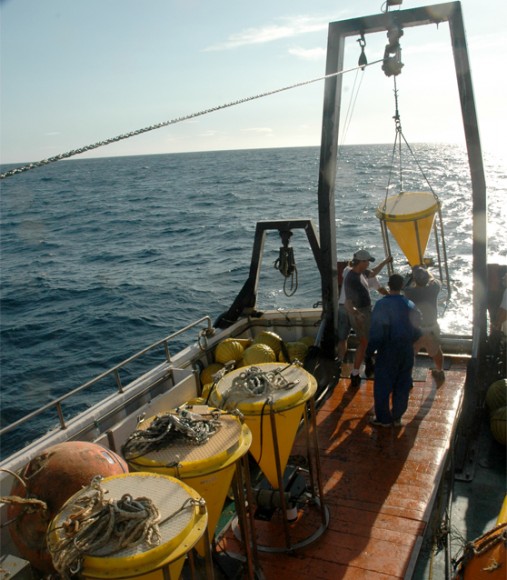
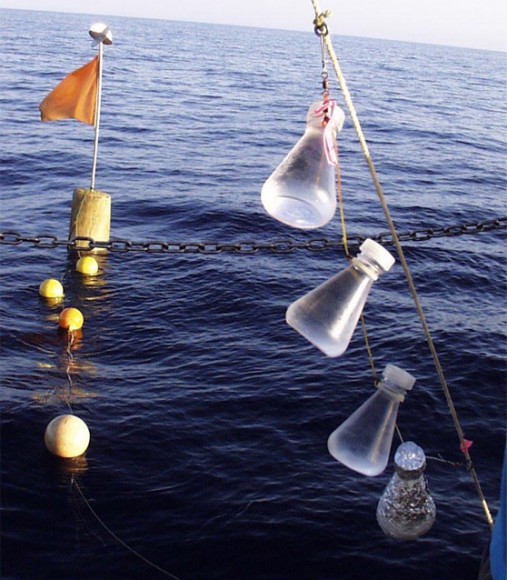
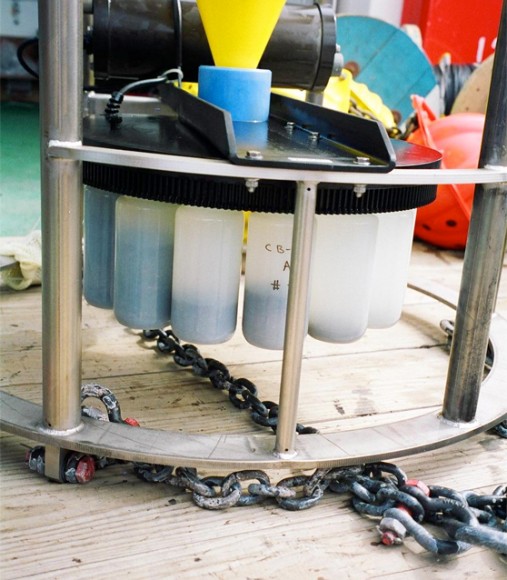
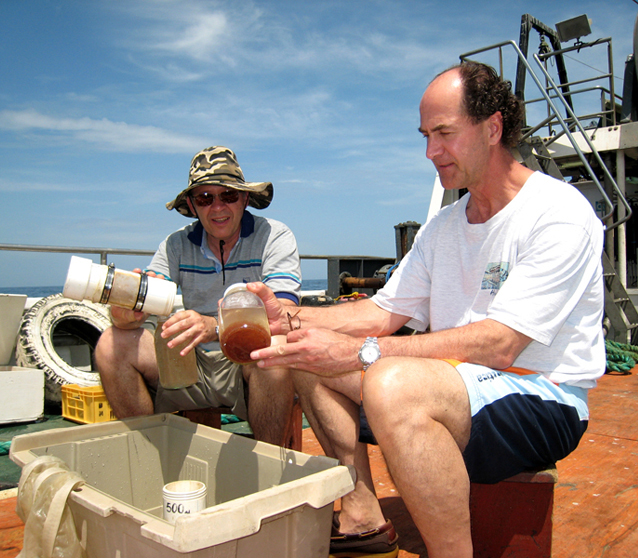
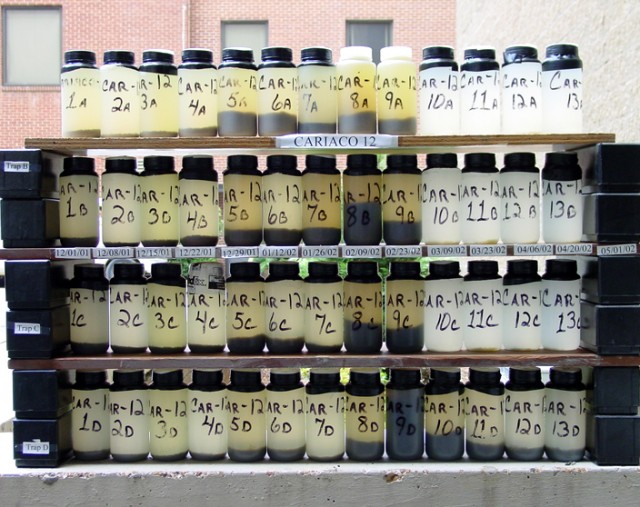
Speaking of satellites… have you seen this website? You can see the satellites in their proper orbits, speed them up, see where they are in real time, also can put a man or car next to the satellites for size reference. They are also working on putting actual data on the 3D globe that comes from the JPL satellites… some data is there, but they’re still working on most of the projects.
Gwen +
Thanks so much for your note. That website is really amazing. How did you come across it? Any ideas for how this kind of site could be useful in the classroom?
Thanks!
ari